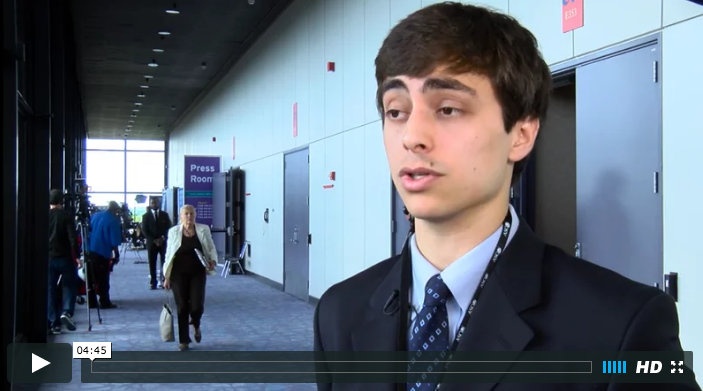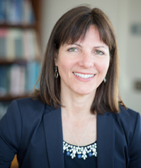The messenger matters: Oncologists help patients with advanced cancer better understand their illness
Discussing re-staging scan results with oncologists—rather than other care-team members—may lead to a better understanding of late- or end-stage disease in patients with advanced cancers, according to results presented by the Weill Cornell Center of Research for End-of-Life Care at the American Society of Clinical Oncology 2016 Annual Meeting.
“In 2016, Medicare began reimbursing clinicians for engaging in end-of-life discussions with patients at any office visit. Past research has demonstrated the importance of what is said during end-of-life discussions, particularly on patient illness understanding. However, little was known about the importance of whom on the care team patients meet with to engage in these end-of-life discussions,” lead researcher Simon Mentis Cohen, told MDLinx.
“We were interested in looking at the effects on patient illness understanding because the majority of advanced cancer patients are unaware that they are terminally ill. And patient illness understanding is associated with factors such as preferences for life-extending therapy versus comfort care, and also predicts chemotherapy use and hospice enrollment,” he added.
The researchers found that those patients who had discussed re-staging scan results with an oncologist were almost four times more likely to recognize that their disease was late- or end-stage than those who had discussed these results with another care team member (AOR: 4.25; 95% CI: 1.13, 14.12; P=0.02).
“It is vital that oncologists be the ones to engage in restaging scan discussions and end-of-life discussions with advanced cancer patients because, based on our findings, they are most effective at promoting patient illness understanding,” said Cohen.
Read the full story and watch the video here.
Additional coverage:
Who Leads End-of-Life Discussions Matters, Study Reports - Oncology Times
Cancer patients keep getting aggressive end-of-life treatment, despite lack of benefit
Holly Prigerson, Ph.D., director of the Center of Research for End-of-Life Care was also featured in an article in STAT about aggressive end-of-life care in cancer patients younger than 65.
It referenced her recent study that found most terminal cancer patients are not even aware they are approaching the end. Prigerson's team interviewed 178 patients with advanced cancer, and recorded their conversations with their physicians, before and after they underwent scans to see if their tumors were continuing to grow and spread. Before their scans, 5 percent of patients acknowledged they had only months to live. Even after, only 7 percent did.
“These were people whose cancer has already metastasized, it’s all over the place, and it had progressed after at least one chemotherapy,” Prigerson said. “Yet patients didn’t know it wasn’t curable” and that they were approaching death.
The interview tapes suggested why. Physicians said things like “your tumor had grown only 0.2 centimeters,” which sounds minuscule but could be a significant fraction of the original tumor size, and therefore an indication of rapid growth. They said “some of your tumors grew, some didn’t,” suggesting things were so-so, when even one tumor that’s proliferating is very bad news because it indicates chemo isn’t working.
None of the patients pressed their doctors about their chances. As a result, they were “basically making treatment decisions in the dark,” Prigerson said.
It’s therefore no surprise that they, or their families, press their physicians to try one more drug. Oncologists “are very, very reluctant to put a number on how long patients have to live,” Prigerson said.
“They have very little to gain” by doing so, she added. “They’ll be accused of giving up or of being too pessimistic.”
According to Prigerson, that mindset, more than a profit motive, likely explains why, as Chen’s ASCO study found, three-quarters of patients with advanced, fatal cancers were given aggressive treatments.
“How can you make an intelligent decision about treatment and what your last days will be like,” she asked, “if you don’t even know” you’re approaching the end?




